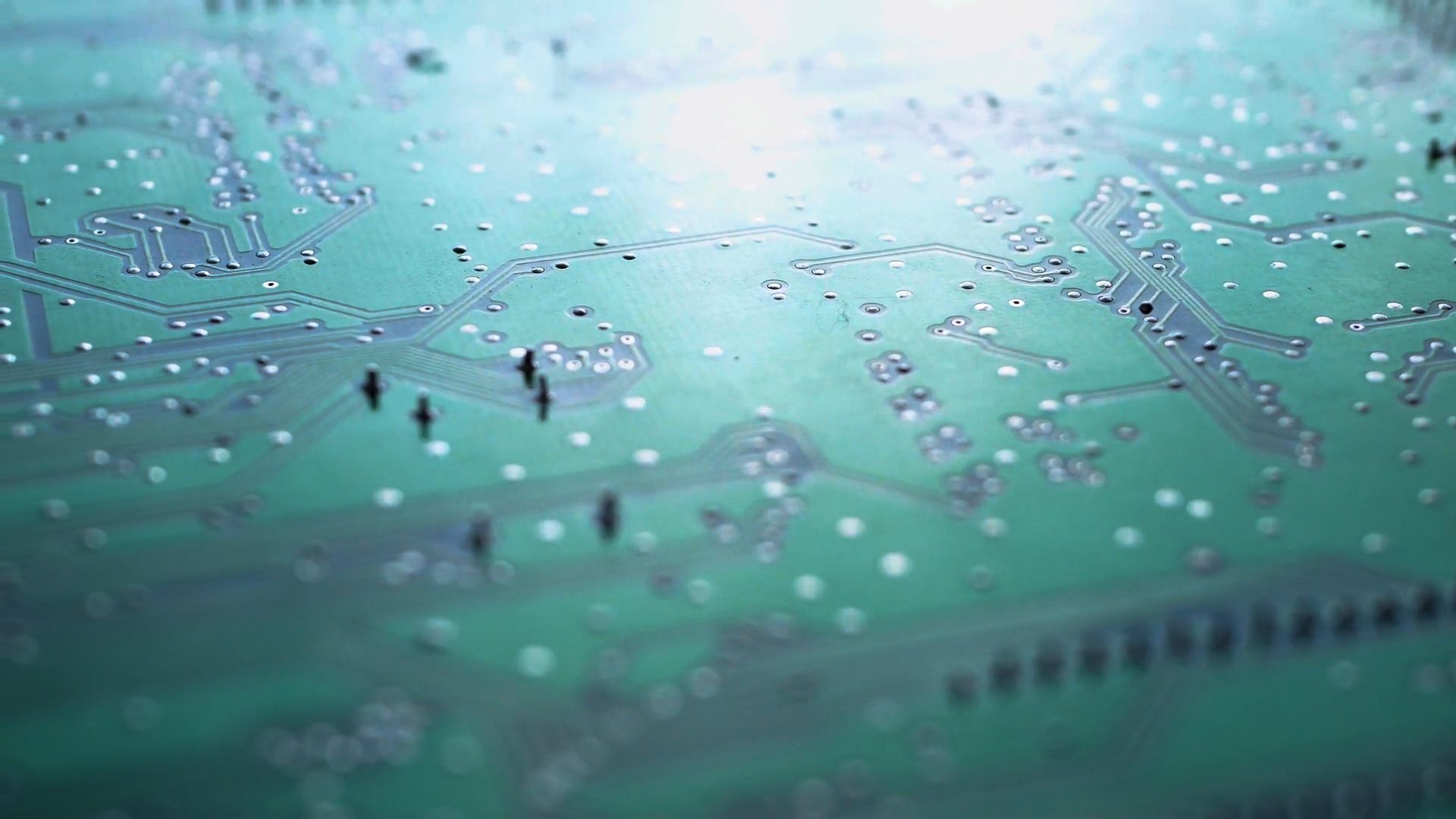A quick Google Image Search of “artificial intelligence” looks a bit like a science fiction film. Brains of glowing circuitry, humanoid robots shaking hands with humans, and other mashups of human-computer imagery pose the question: Are the robots taking over?
We interact with Artificial Intelligence daily — music, movie, and TV recommendations on our streaming services, Smart Replies in our email correspondence, and voice assistants like Siri and Alexa. In addition to augmentations to daily life, big moves are being made in the field of AI that will eventually change the way we work, travel, and do just about anything else.
What is AI?
To understand the current state and future potential of AI, it’s helpful to understand the terms used in the conversation.

Artificial Intelligence
Artificial Intelligence is an umbrella term that refers to the simulation of human intelligence using a computer. This covers many methods and subcategories, ranging in complexity. AI, in its simplest form, is a computer program containing a series of if-then statements that work their way through a decision tree. Such as healthcare software that suggests a diagnosis based on inputted symptoms and qualifiers. Searches for “artificial intelligence” stock media increased by 77% in 2019.
Machine Learning
Most of the conversation around AI right now is referring to machine learning. Machine learning is a subset of AI that involves dynamic software that learns and changes as it is exposed to more data. All machine learning is AI, but all AI is not machine learning. Searches for “machine learning” stock media experienced an even more significant increase in 2019 — 82%.
Deep Learning
Deep Learning is an advanced subset of Machine Learning, where neural networks inspired by the human brain are used to yield more accurate results. Deep Learning algorithms are used for vast quantities of data, for example, in AI software used to detect cancer.
Can AI replace humans at work?
The future of AI and work will continue to be a huge conversation in 2020. AI creates efficiencies in every industry, including video editing. Even seemingly immune industries like design are affected. For example, AI can auto-generate a background in Photoshop, and auto-coloring AI tools can speed up the process of coloring individual frames when animating. Even Storyblocks is using AI to enhance our on-site search to help creators find the right content for their project faster. Cases like this are found everywhere; AI can make a worker more efficient by handling tedious tasks no one wants to do anyway.
Whether a job can be replaced entirely depends on how routine it is. Many manufacturing, clerical, or roles that are otherwise predictable and repetitive could be at risk. AI will also help create new jobs in technology, and many workers will need to learn new skills. Where the job loss and creation will net out is not entirely clear, but one thing for certain is that the workforce can count on growing pains.
How far are we from Artificial General Intelligence?

Long a theme in cinema and pop culture, movies, and shows like Blade Runner, Battlestar Galactica, and Her depict AI robots as humanlike. Creating software equivalent to human intelligence is called Artificial General Intelligence. While computers can solve a lot of complex problems better than humans, they cannot explain their reasoning or engage in “soft skills” like compassion. Another issue with software is that it can typically only do one task very well; it cannot translate its skills to another job. And while theoretically possible, programming Artificial General Intelligence requires enormous quantities of data for the software to learn from. Computers cannot learn by reading a book, for example.
What’s next?
Though we likely won’t experience a robot takeover in our lifetime, one thing for sure is through 2020 and beyond, Artificial Intelligence will become further integrated into our personal and professional lives, and we’re at the point where people want to know exactly how that will happen. Another thing we can expect is for AI to be increasingly normalized. It will be particularly interesting to follow how AI and Machine Learning are depicted visually. We think the articles we read will no longer feature images like cyborgs, because AI will seem less futuristic and more like life. It’s operating under the surface, which leaves a lot of room for creative interpretation.



